SMAC - TRENDS DETERMINING THE FUTURE OF ICT

This term is an acronym coined from the initials of the English words for the four forces that will determine ICT in the next decade: social, mobile, analytics and cloud. It means a new combination of products and services to which an increasing number of companies adapt in order to be able to provide an efficient and forceful user experience.
To demonstrate this with an example, let us examine Netflix entertainment industries. Netflix implements its recommendation system with the help of sophisticated analysing algorithms used to forward custom-tailored offers to the user. Users can watch films streamed from the cloud to various devices (TV, tablet, telephone), and share their experiences on social spaces. They can do all this in the framework of an integrated service.
These components could also be accessible separately, the essence of SMAC stack is that the four areas collaborate: the new functions build on each pillar in a premeditated way. For example, the new opportunities ensured by a mobile devices allow more detailed data collection, which in turn is made possible by the availability of cloud capacities, and the latter form the basis of analyses performed to provide deeper customer experience and can be promptly integrated into social channels. Thus in the course of developing application/service and the integration of new functions, the four areas are interdependent, support one another, improvement in one creates opportunities in the other, and thus they cannot be managed completely separately.
(A)nalytics
Thanks to its predecessors, T-Systems Hungary has nearly two decades of experience in business intelligence and data mining, and our activities and solutions in corporate data analysis and information provision had a predominant role in shaping the Hungarian market. Data is a value, and the market successes of a company are determined fundamentally by the way it manages the data available for it.
Back
Sympo2014logo
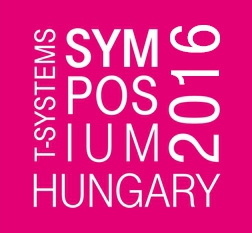
Event Partners
Diamond level partner

Emphasized technological partner

Gold level partners
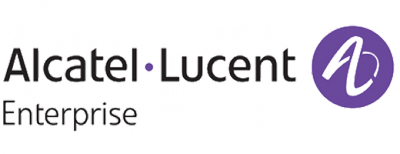


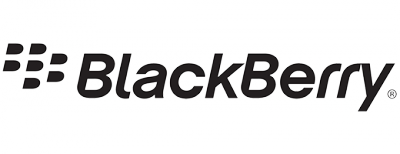

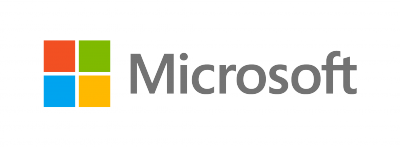


Emphasized international partner
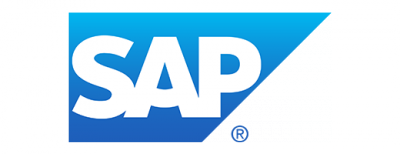
Silver level partners
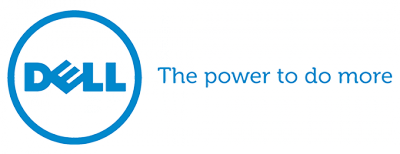
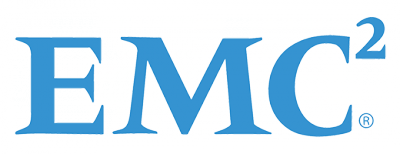

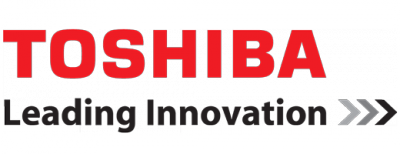
Professional partner
Professional partner

Collaborator partners
Collaborator partners
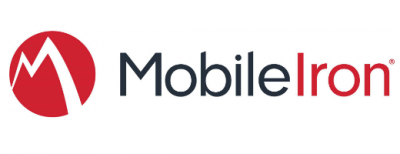
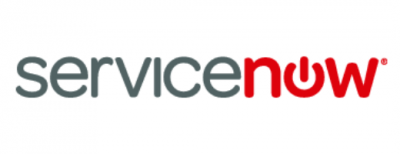
Strategic media partners
Media partners








